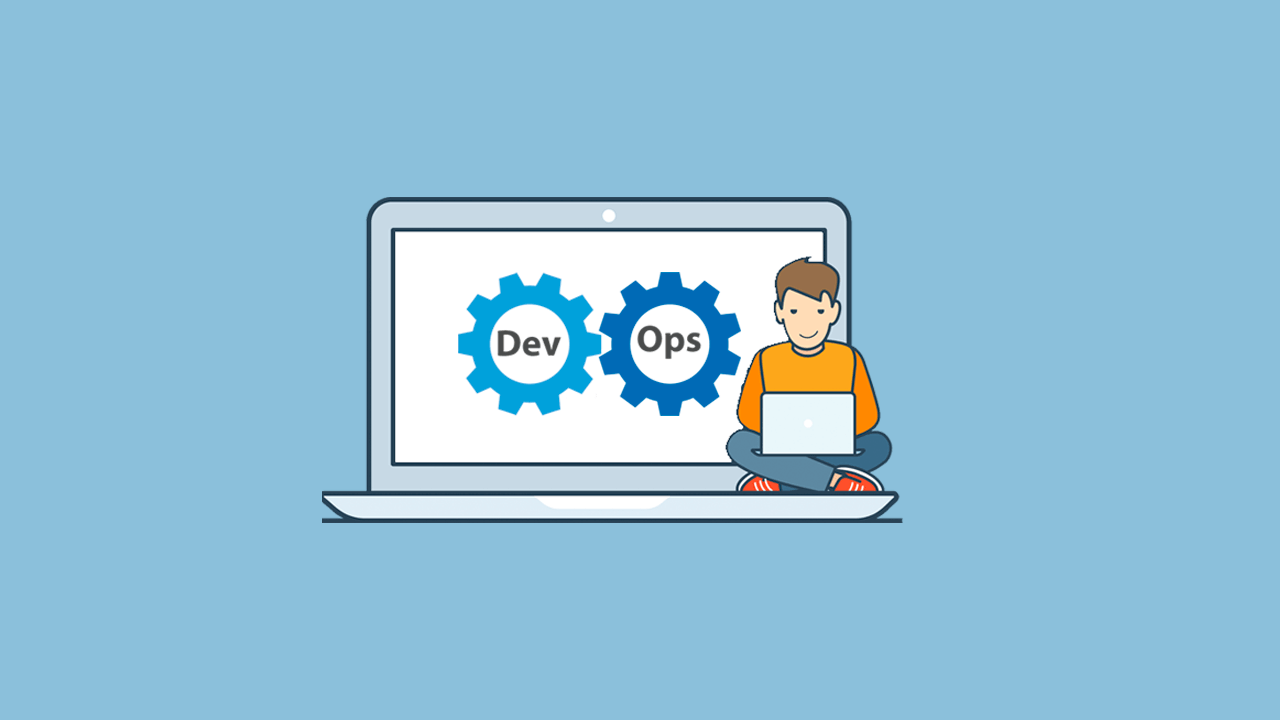DevOps basics – Fundamentals of development and operations
- October 9, 2018
- 0
DevOps is a combined term for development and operations in a software engineering field. This particular practice focuses on bringing together Dev (the software development) and Ops (software operations). The main advantage of clubbing operation and development together is to automate and monitor the entire process of a software construction including testing, integration, management of infrastructure etc. In short, DevOps have the capability to shorten the development cycles, increase the frequency of development, and works in terms of the business objectives. In broader terms, DevOps has the ability to make various factors of operations to be more programmable thereby improving communication between operations and development.
DevOps Basics
DevOps can be considered as one of the most important IT skills that can be found today. Even though DevOps have different tools for its usage, it is not considered a tool. In fact, it is a process or a method that delivers the client with the best software possible. Once DevOps technology is properly adopted, it can facilitate faster lead time, in case of production. It also provides flexibility as it does not have a fixed path that it follows. This makes it easier for the company to use it in a way that fits the company’s requirement.
Fundamentals of development and operations
DevOps is an in-depth integration of both development and operations. Hence, understanding the DevOps fundamentals is very critical for uninterrupted workflows and for high-speed deployment. The DevOps fundamentals cover the basic knowledge to build the vocabulary and to develop knowledge in interpreting its practices and principles. The basic fundamental concept of DevOps is to create a culture that encourages the working together of the development team and the operations team. DevOps bridges the gap between these teams. The process of DevOps seems to act well from the time of buying servers. Here are a few areas in which the operations and development team work together.
- Traditionally the development team worked on testing while buying a new server, whereas the operations team worked on their paperwork. With the advent of DevOps, both the development and operations team worked as a team to do the paperwork. This practice gave more insight into the infrastructure requirement.
- Close to accurate predictions related to failover, disaster recovery, redundancy, storage, data center locations etc. are possible because the information was given by the developers.
- In contrary to the traditional approach where the operations team were unaware of the progress of the development team, DevOps has completely changed the scenario. With DevOps, the operations team knows the status of the progress made by the development team. This helps in developing a successful monitoring plan that goes well with the business needs.
DevOps helps the development and operations team to provide a high-quality development of application as it fixes most of the infrastructure issues. DevOps seems to be more effective in applications like e-commerce websites or cloud-hosted applications. The use of DevOps should be avoided in areas like banks, power, and sites that have very sensitive data.
DevOps fundamentals
A DevOps team should constantly invest in products and services that cater to customer-centric activities. It also has the responsibility of providing performance support until the end. It improves the product or service by minimizing wastage. Another fundamental aspect of DevOps is that it automates everything including the entire infrastructure. Moreover, the role of the designer, tester, and the developer is already defined and they work together as a team.
Development and Operations make a process that encourages an open communication between both teams. This teamwork helps in the deployment of code to production in a fast, automated way. This increased the popularity of the process. It is now considered as a valuable skill for the IT professionals. Though successful, a lot of changes are expected to happen in DevOps world in the coming years.





